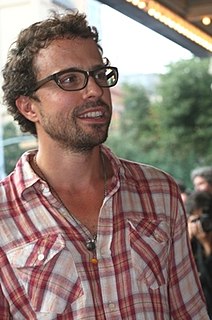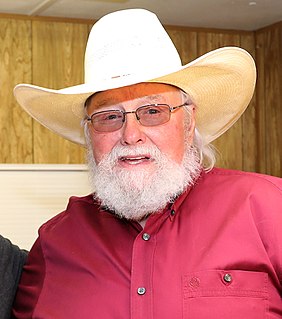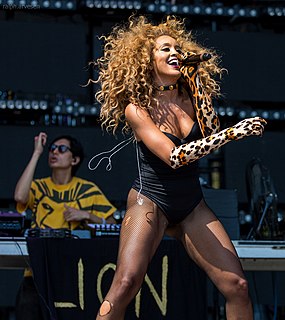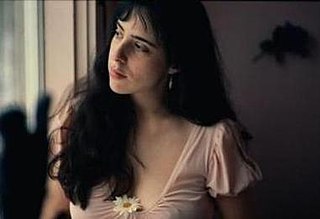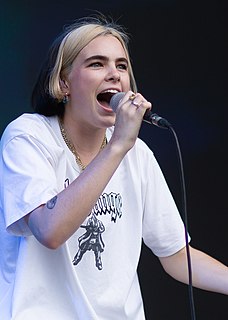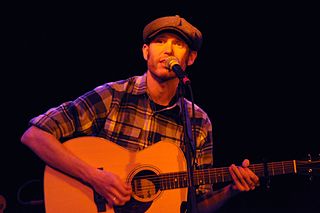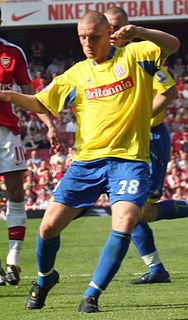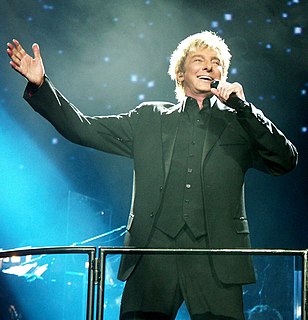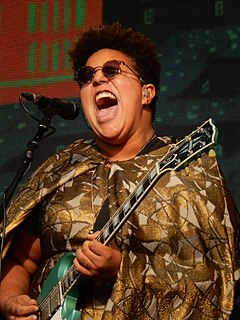A Quote by Jesse Harris
Sometimes a song indicates that it wants to be about a certain thing. And then if you write it, you find that it is about something that you've done.
Related Quotes
The best thing we've learned is when you are attempting to write a full song, write a full song that day. When we first started, we would have great ideas, but there's something about a moment and a vibe that's being created in time that when you return to it, it sometimes works, and it sometimes doesn't.
I find that I end up liking songs if I really have an idea of something I wat to write about-some problem in my life or something I want to work through; if I don't have something like that at the root of the song, then I think I end up not caring about it as much. I gravitate towards some kind of concept or idea or situation that I want to write about. Very often I have to write, rewrite and come at it from an opposite angle...and I end up writing the opposite song that I thought I was going to write.
There are no limitations with a song. To me a song is a little piece of art. It can be whatever you like it to be. You can write the simplest song, and that's lovely, or you can just write a song that is abstract art. ... A lot of my songs are very serious, I'm like dead serious about certain things and I feel that I'm writing about the world, through my own eyes. ... I have a love for simple basic song structure, although sometimes you'd never know it. ... Most of the songs I wrote at night. I would just wake in the middle of the night. That's when I found the space to write.
In almost every musical ever written, there's a place that's usually about the third song of the evening - sometimes it's the second, sometimes it's the fourth, but it's quite early - and the leading lady usually sits down on something; sometimes it's a tree stump in Brigadoon, sometimes it's under the pillars of Covent Garden in My Fair Lady, or it's a trash can in Little Shop of Horrors... but the leading lady sits down on something and sings about what she wants in life. And the audience falls in love with her and then roots for her to get it for the rest of the night.
I don't really have a set-in-stone process or formula. Sometimes the melody is there and I have to chase down the lyrics. Sometimes, the song is there and I have to make the melody fit. What I've learned so far about songwriting is that I can't force a song. If I try to do that, it's hollow, and people know a hollow song when they hear it. It's the song they stop listening to and forget about. I'd prefer not to write those kinds of songs.
I say to my students that I can't teach them how to write a good song, but I can teach you how to write a better song. Talking about this idea of it being a process. By going back and not settling for something and find a way to step back from your songs-which is a very hard thing to do-but when you're stuck or you can't move forward, start doing some polishing.
I find interesting characters or lessons that resonate with people and sometimes I write about them in the sports pages, sometimes I write them in a column, sometimes in a novel, sometimes a play or sometimes in nonfiction. But at the core I always say to myself, 'Is there a story here? Is this something people want to read?'
To write a love song that might be able to make it on the radio, that is something that is terrifying to me. But I can definitely write a song about that chair over there. That I can do, but to sit and write a pop song out of the clear blue sky, that is very difficult and I admire the people that can do it.
Right away, I knew I didn't want to have that look of other guys with long hair and bell-bottom pants, because everybody else had that look. I kind of adopted my boarding-school look, which made me stand out. Then the next thing you know, the first song on my first record is a song called "School Days." It's about going to the boarding school I went to. So then I just started to write about myself. The very first song I ever wrote was about a guy I met in a boatyard that we were working in. So I've always had this thing about sticking to more or less what I knew.
